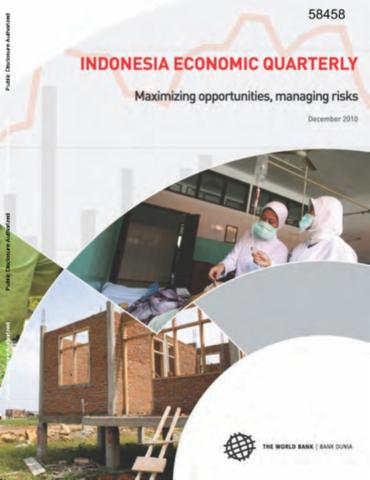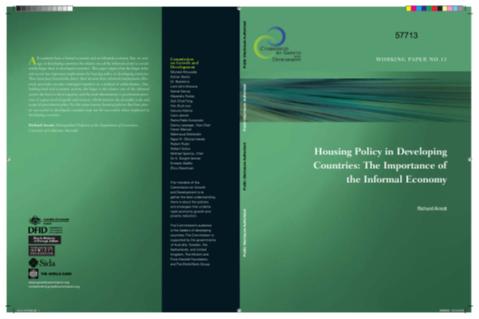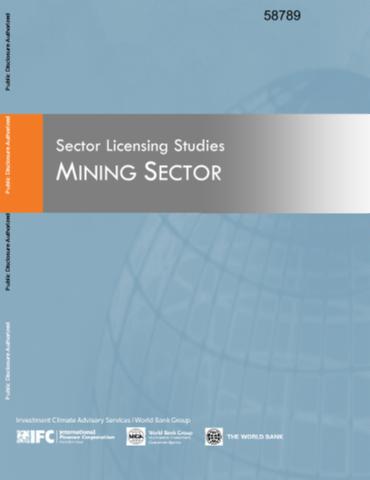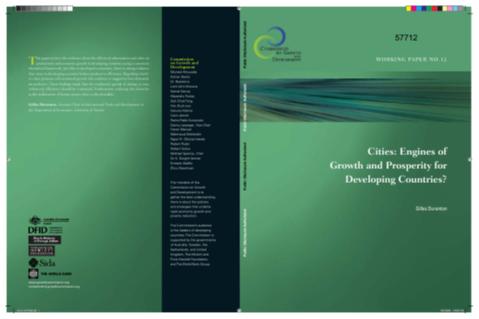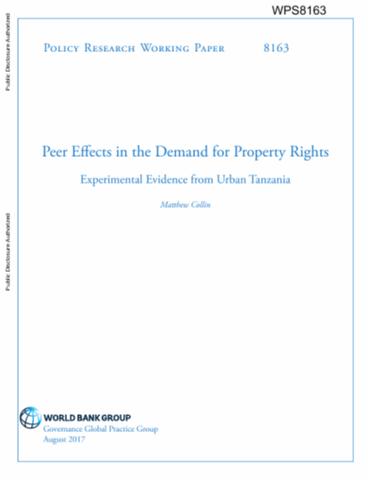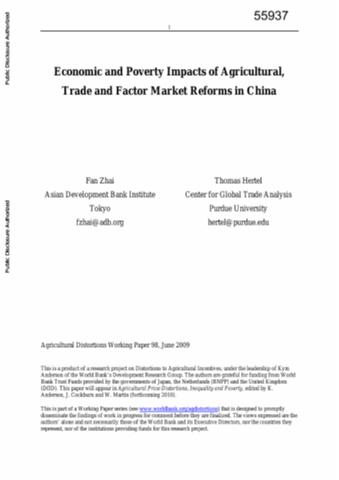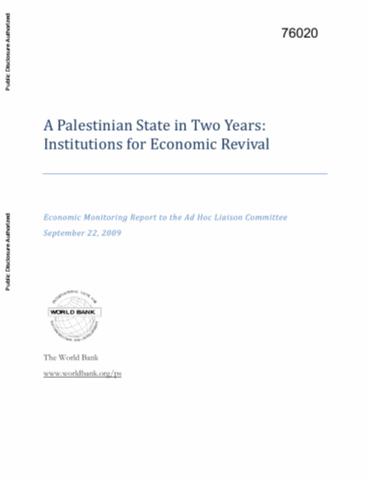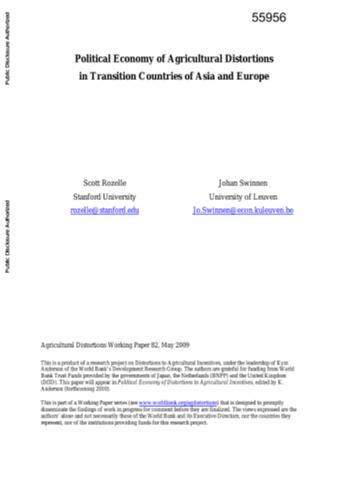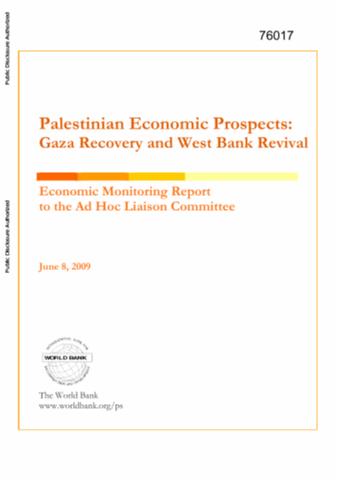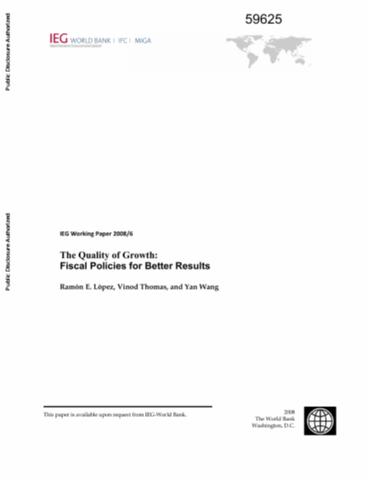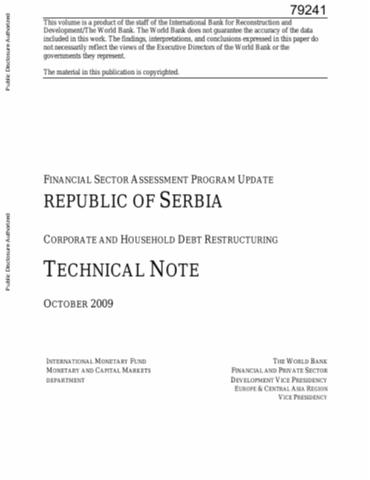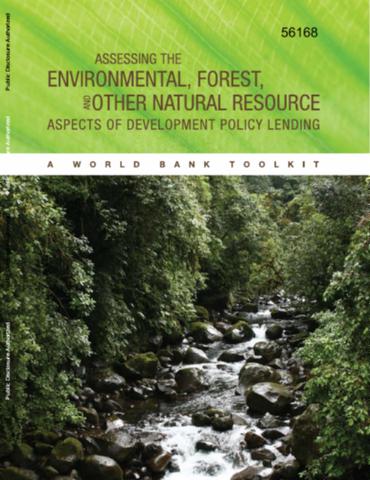Indonesia Economic Quarterly, December 2010
The Indonesian economic quarterly reports on and synthesizes the past three months' key developments in Indonesia's economy. Its coverage ranges from the macro economy to financial markets to indicators of human welfare and development. It is intended for a wide audience, including policy makers, business leaders, and financial market participants, and the community of analysts and professionals engaged in Indonesia's evolving economy.

